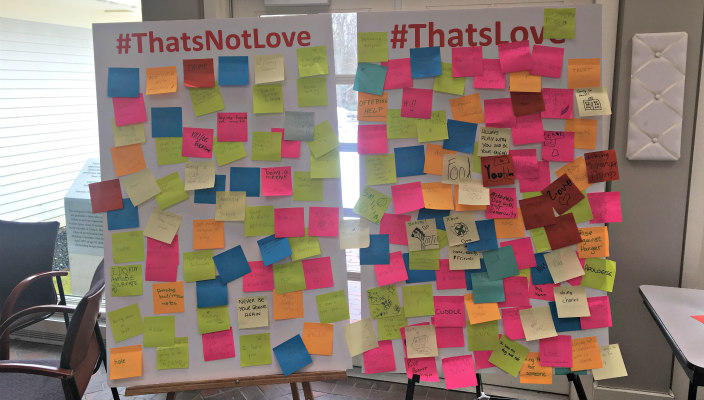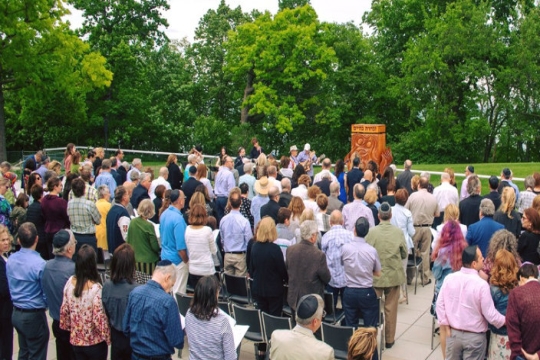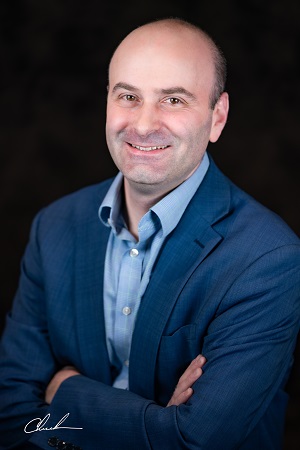
What do we want in a relationship for our children? If the jokes are to be believed, then a Jewish mother’s only concern is that her daughter marries a doctor, lawyer, accountant, or similarly successful professional.
We know, though, that this is not really the case. The relationships we want for our children, friends, and family are defined by the way that they treat one another, the love they share, and the positive feelings that are associated with being in those relationships.
Yeardley Love had one of those relationships that, according to the jokes, Jewish parents would have been ever so proud of – but on May 3rd, 2010, three weeks before her college graduation, Yeardley was murdered by her ex-boyfriend, fellow University of Virginia student George Huguely V.
To honor her memory, Yeardley’s mother Sharon and sister Lexie established the One Love Foundation to help educate young people and parents to identify and navigate healthy and unhealthy relationship behaviors to ensure that through knowledge of what to look for they can avoid destructive relationships.
Their mission fits neatly with the work that we, as a synagogue, have a responsibility to do: encourage positive relationships for our young people and help equip their parents with the necessary tools to support healthy friendships and relationships for their children. For this reason, and through the generosity of our Marjorie Levitan Memorial Youth Fund, we invited the One Love Foundation to bring One Love Week to Temple Shir Tikva.
Our week began with a sermon at Shabbat services considering what Judaism can teach us about healthy relationships. We considered the words of B’reishit: “It is not good for people to be alone, I will make for them an ezer kenegdo – a fitting helper for them.” (B’reishit 2:18). We also considered how a person might truly fulfil the instruction “love your neighbor as yourself” (Vayikra 19:18), which doesn’t just require love of the other, but requires love of oneself as the starting point for healthy relationships.
These were accompanied by our “Stick It to Love Boards,” which we put up in the synagogue lobby, inviting people to write Post-It notes to add to boards with examples of #ThatsLove and #ThatsNotLove. Throughout the week, people had the opportunity to share their words on our boards.
The bulk of the learning took place in sessions for our members. For the Pre-K class in the Early Learning Center, we talked about what it means to be a good friend and how to spot when someone is not being one. With their parents, we considered some of the things they should be looking for in the relationships their children develop.
For our teenagers, the One Love Foundation provided wonderful online resources and videos that proved the basis for sessions considering healthy relationships and the ways social media can have a negative impact on relationship dynamics. Alongside these sessions, their parents were invited to consider ways they can start the conversation with their children to ensure that relationship violence and abuse is not a taboo subject that people feel unable or unprepared to discuss.
What became clear to everyone who participated is that this is an issue that needs to be talked about, and it’s something that our teenagers and their parents want to discuss.
For us as a synagogue, we felt that this type of programming was perfectly in tune with our Jewish values. And while it might sound dramatic, relationship violence and abuse really is an issue of life and death. Unfortunately, the evidence and statistics show that our young people are at risk – and as many have had to emphasize, this is not a problem to which the Jewish community is immune. As such, for us, this programming fits under the obligation of pikuach nefesh – saving a life, whether directly or indirectly, by providing access to this important information and the tools with which to respond.
I am also proud that our synagogue community stepped out of its comfort zone to deal with a challenging subject. When I think about synagogue education, I hope that, alongside Jewish content, we are helping our young people, through a Jewish lens, to engage with topics that really matter: What does it mean to be a good person, how can our children be prepared for life in the “real world,” what values should inform the life choices they make? As synagogues, we are in a unique position to help ensure that our children are prepared – emotionally, psychologically, and spiritually – for life.
This was an important and relevant program for our community, and it’s one I am certain others could replicate.
Related Posts

Parenting with Purpose: A Free Guide

Tell Your Community! Virtual Event with Dr. Becky Kennedy

